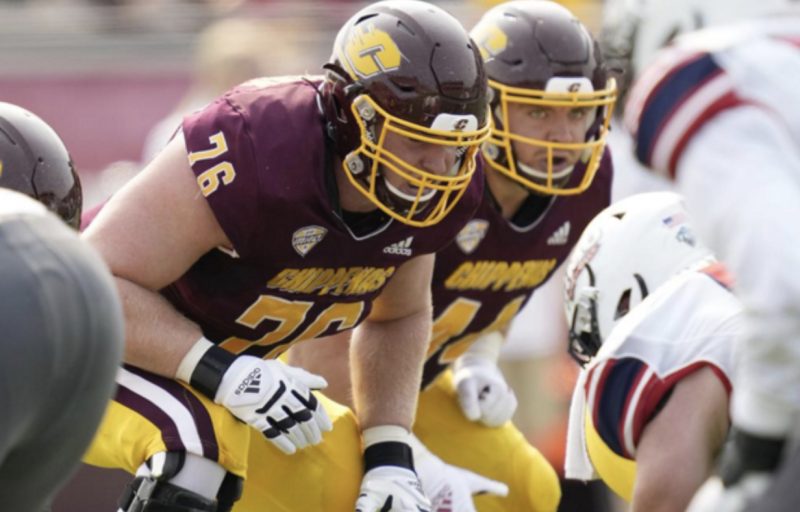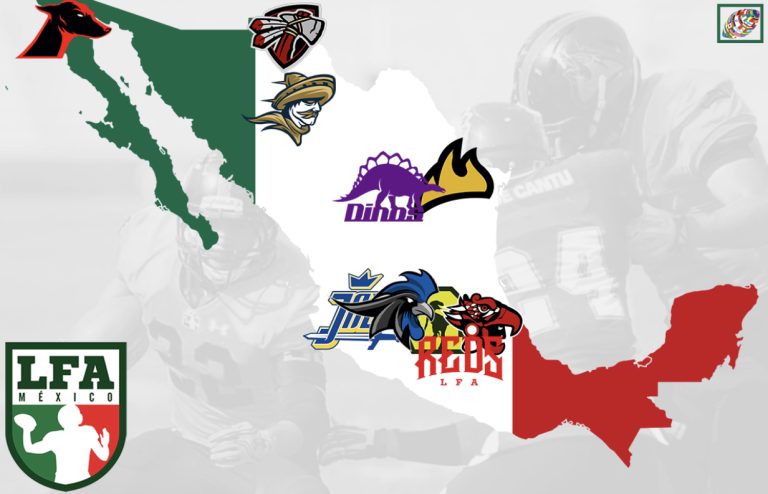What Education Is Necessary to Become a Professional Football Player?
Unlike many other sports, NFL careers tend to be relatively short. As of 2024, the average length of an NFL career is just two to three years. While a formal degree isn’t essential to become a professional football player, education plays an important role in a player’s life after their career ends.
As noted by an essay writer at Best Essay Writing Service, becoming a professional football player requires strength, stamina, and determination, not necessarily formal education. However, both the NFL and NCAA require athletes to have a certain level of education. While education doesn’t directly impact a player’s performance on the field, it is a stipulation for NFL eligibility.
NFL Requirements
To be drafted into the NFL, a player must have graduated from high school and have been out of school for at least three years. Therefore, the primary educational requirement for NFL players is a high school diploma.
To gain experience and maturity, the NFL favors players who have played college football. As noted by a paper writing service, having a university education offers an added advantage for aspiring professional football players working toward their goals.
Prospective NFL players aiming for the draft must use up their college eligibility before the NFL season begins. This generally means that players are expected to finish their college education and obtain a degree before entering the NFL draft. However, there is an option to petition the NFL for an early draft entry for those who haven’t graduated. These players may choose not to finish their degree during their NFL career, but they can return to complete it later.
NCAA Requirements
Unlike the NFL, the NCAA is more stringent when it comes to formal education requirements. According to the guidelines cited by essay writers from an essay writing service, the NCAA sets academic standards for players before they can transition to the NFL.
While the NFL has no specific educational mandates for its players, the NCAA establishes the necessary educational criteria for athletes to pursue a professional football career. For students hoping to play in their first year of college, they must have completed high school education and taken specific classes, including math, English, social science, science, foreign language, philosophy, or comparative religion. Additionally, students must maintain a minimum GPA of 2.2 in these subjects and have acceptable ACT or SAT scores. These requirements apply to those entering Division I and II schools.
Students looking to attend Division III colleges must first meet the school’s admission standards. Once enrolled, student-athletes must also meet the NCAA’s academic requirements to participate in sports. The NCAA emphasizes the importance of education and ensures that student-athletes focus on earning a solid degree. As highlighted in recent essay assistance, NCAA standards include maintaining a minimum GPA, completing a percentage of degree requirements, and earning a set number of credit hours.
For example, a Division I student-athlete must have a 2.0 GPA and have completed 60% of their degree requirements before their fourth year of college.
Currently, over 80% of Division I student-athletes earn bachelor’s degrees, and more than 15,000 former Division I athletes have returned to complete their degrees over the past two decades.
The Importance of Education for Post-NFL Life
It’s important to remember that an NFL career typically lasts only around three years. This makes it crucial for players to earn a degree while they have the opportunity. Many NFL players face financial struggles shortly after retirement, but having a degree and previous work experience can help them transition into other careers and continue earning a living.
According to several essay writing services, the NCAA has created a degree-completion program, and schools provide former athletes with scholarships to help them graduate. Additionally, some colleges offer NFL players the chance to earn MBAs during the offseason. In 2016, more than 180 NFL players participated in undergraduate or graduate courses during the offseason, and 31 players completed their degrees.
Former athletes can also pursue careers related to football, such as becoming a financial advisor or agent. These fields require a bachelor’s degree and are regulated by the Players Association.
As a student-athlete, it’s essential to prioritize academics just as much as football. This approach ensures a smoother transition to life after the NFL, offering better opportunities for success beyond the sport.
Source: https://www.americanfootballinternational.com/what-education-do-you-need-to-become-a-professional-football-player/







